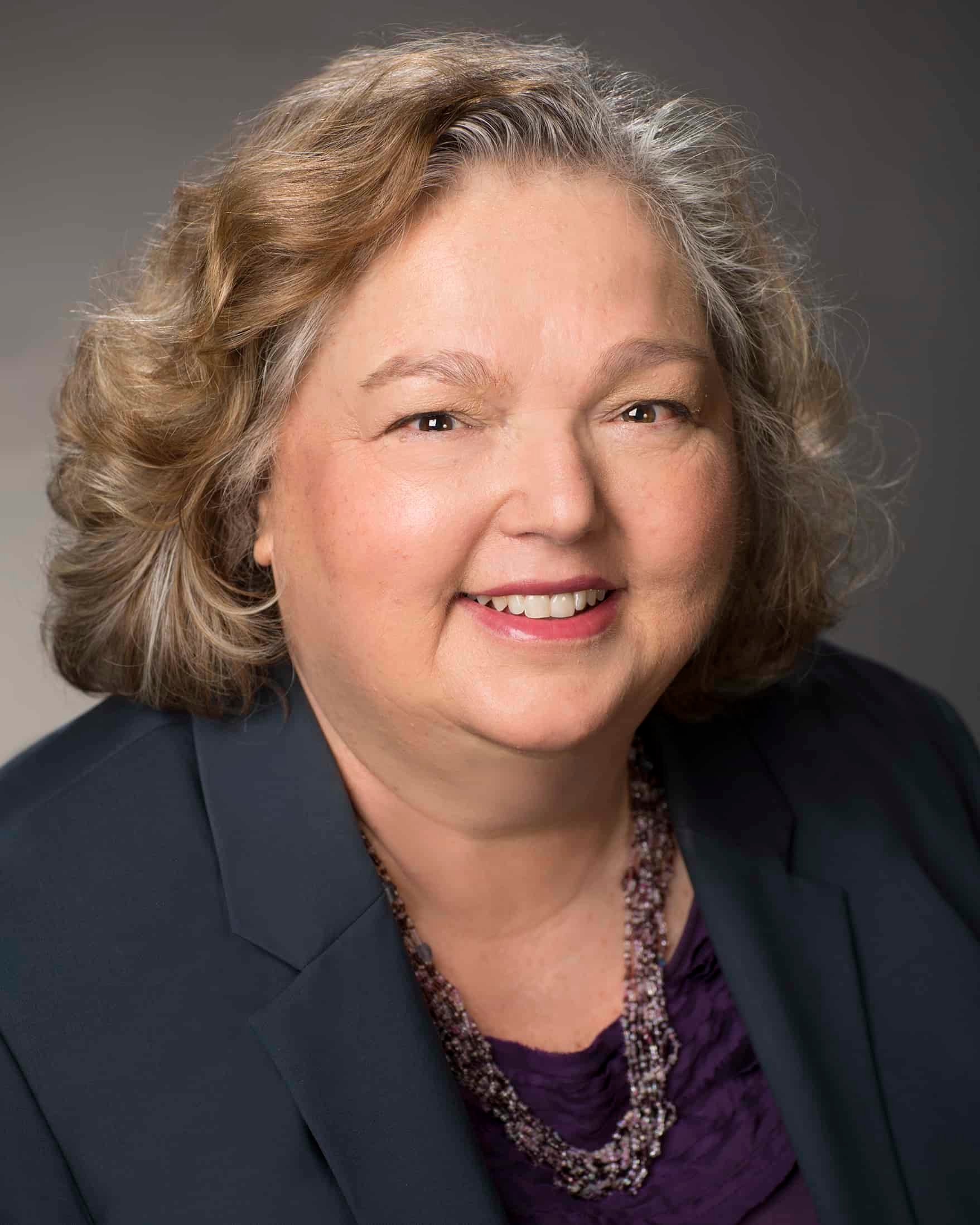As people do, we find ourselves open to the advice of others. While expecting a child, we prepare ourselves. We raise our families, relying on input from parents, friends, professionals, and Facebook. When facing unfamiliar serious situations there is either too much or too little advice. leaving us feeling overwhelmed, unsure, and alone.
Feelings of anxiety and self-doubt are familiar to many care partners. People rarely prepare and plan with their families for times when they will need care. Often unexpectedly, grown children’s priorities are rearranged as they learn to care for their parents. While sandwiched between caring for a parent and your kids, demands on time multiply while the capacity to care struggles to keep pace.
We lived as a 3-generation household when my mother began having symptoms of dementia. After learning her diagnosis, I felt comfortable knowing that Mom was loved and close and that as her primary caregiver, I had great support from my workplace and family. Even with the help, I often felt pulled from all sides.
Do I attend my son’s High School soccer game or take my Mom on an outing because she is anxious and feeling housebound? When my high schoolers brought friends over and Mom behaved bizarrely, it was a challenge to help the younger generation feeling welcome and comfortable. Guiding teens through the difficult times of adolescence occasionally meant late nights talking things over, followed by early mornings assisting Mom to bathe, dress and have breakfast before I went to work. At times the life balance scales tipped heavily.
A family is not a reciprocal give-and-take relationship. We were a circle of caring. The kids often looked out for me. Occasionally, they stayed home with their grandma, so my husband and I could enjoy a night out. When I needed a break, a son would take her on a walk, another would cook a meal, or a granddaughter/grandmother duo enjoyed an hour of shopping. My mother, while unable to be responsible for herself or others, enjoyed pitching in with simple household and gardening tasks and delighted in throwing the ball for our dogs.
At the end of my mother’s life our shared experiences, our love expressed through action and gentleness to each other provided the most comfort.
I cannot stress how important it is to have things in place before caregiving becomes necessary. It is smart and kind to plan “just in case.” I recommend preparing the right legal paperwork with an attorney. Make a plan for your finances with a financial advisor and have it stress tested. As difficult as it may be, discuss your future care needs and wishes with your family. Be open to their suggestions and think about your well-being. Inform medical professionals of health issues for you and family members. Learn about probable outcomes and care needs. Talk about them as a family. You can find other planning resources on this site by clicking here. The Community Foundation also offers a free Family Estate Planning Series twice a year and more information can be found at here.
Would I do it again? Yes. We have become more compassionate, open, and kind to older people as a response to our experience. It has made our family bond stronger. The seven years of caregiving taught me to roll with the punches, see the beauty in the moment, and brought my mother and me closer than we had ever been. I am proud of our family’s commitment to each other. Caregiving for a parent while raising children was intensely challenging, and a meaningful learning experience. It taught me the importance of helping myself it taught my children to prepare for the time when I will need care.
By,
Margaret Stewart
